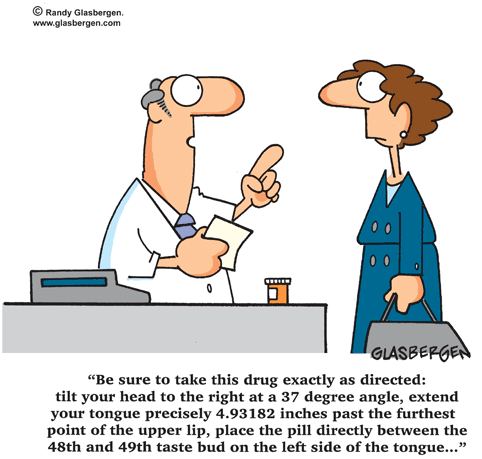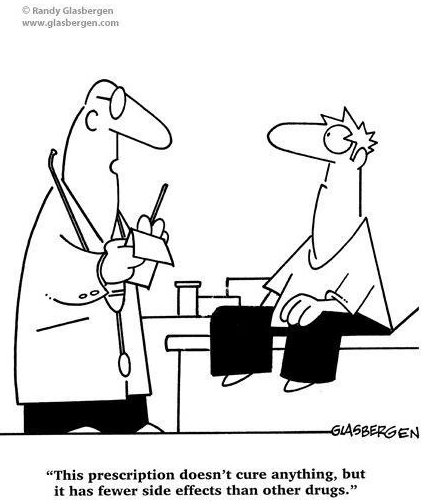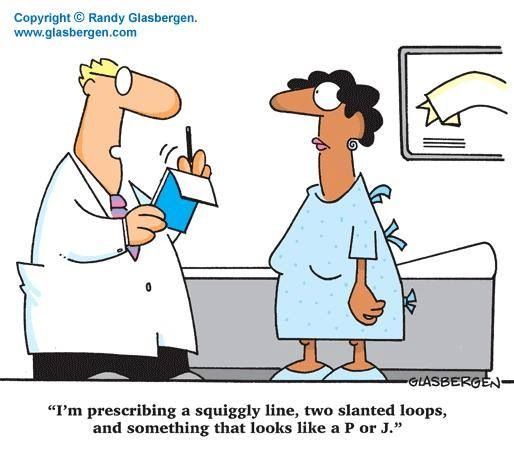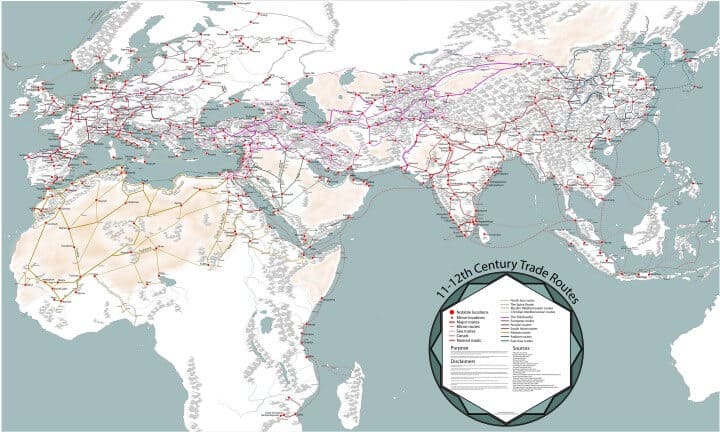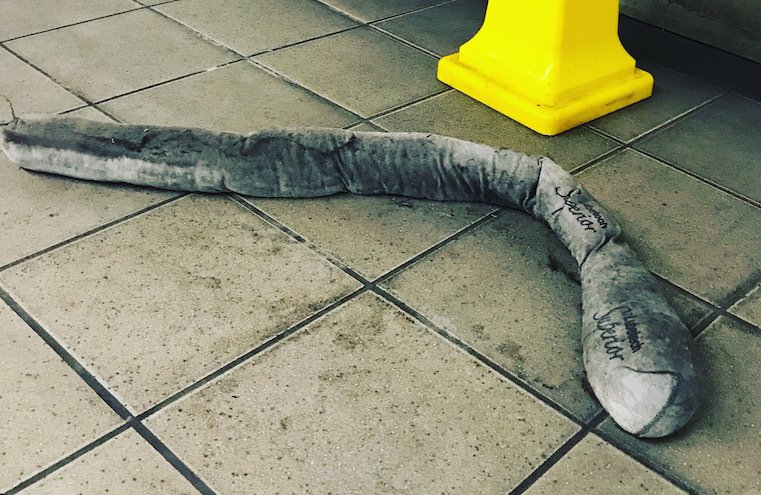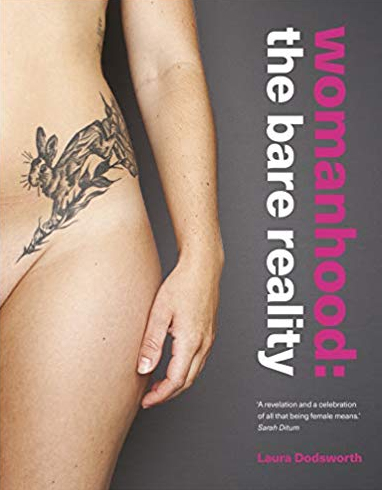 Laura Dodsworth, author of Manhood: The Bare Reality has a new book coming out, but unfortunately not until next February.
Laura Dodsworth, author of Manhood: The Bare Reality has a new book coming out, but unfortunately not until next February.
Its title: Womanhood: The Bare Reality.
You can, of course, pre-order it on Amazon or from the publishers Pinter & Martin.
The book promises to do for women, what Manhood did for men: tell of the variety and the stories of man and manhood. As the blurb an Amazon says:
100 women bare all in an empowering collection of photographs and interviews about Womanhood.
Vagina, vulva, lady garden, pussy, beaver, c**t, fanny … whatever you call it most women have no idea what’s ‘down there’. Culturally and personally, no body part inspires love and hate, fear and lust, worship and desecration in the same way.
From smooth Barbie dolls to internet porn, girls and women grow up with a very narrow view of what they should look like, even though in reality there is an enormous range. Womanhood departs from the ‘ideal vagina’ and presents the gentle un-airbrushed truth, allowing us to understand and celebrate our diversity.
For the first time, 100 brave and beautiful women reveal their bodies and stories on their own terms, talking about how they feel about pleasure, sex, pain, trauma, birth, motherhood, menstruation, menopause, gender, sexuality and simply being a woman.
Laura comments further in a recent Facebook post:
“A major issue for women is that men and society are really interested in defining womanhood for us and without us. A lot of the time, women don’t have an awful lot of input into the definition of womanhood, yet we’re judged against it. Women have to make choices that men don’t ever have to make.”
From Womanhood: The Bare RealityA bold first quote to share from Womanhood. I’ve already been #notallmen-ed on Twitter, so let me say, I love men, this is not anti-men. (I LOVE men.) Remember Manhood?
But this is the point; Womanhood is an exploration of female experience through the embodied stories of 100 women. We define Womanhood on our own terms and in our own words. We reveal ourselves to ourselves and to each other. And it’s about time.
Laura’s previous books (Manhood: The Bare Reality and Bare Reality: 100 Women, Their Breasts, Their Stories) were amazing, revealing and informative, so I’m really am looking forward to reading Womanhood: The Bare Reality. My copy is already on order.
Full disclosure: I was one of the 100 men featured in Manhood.



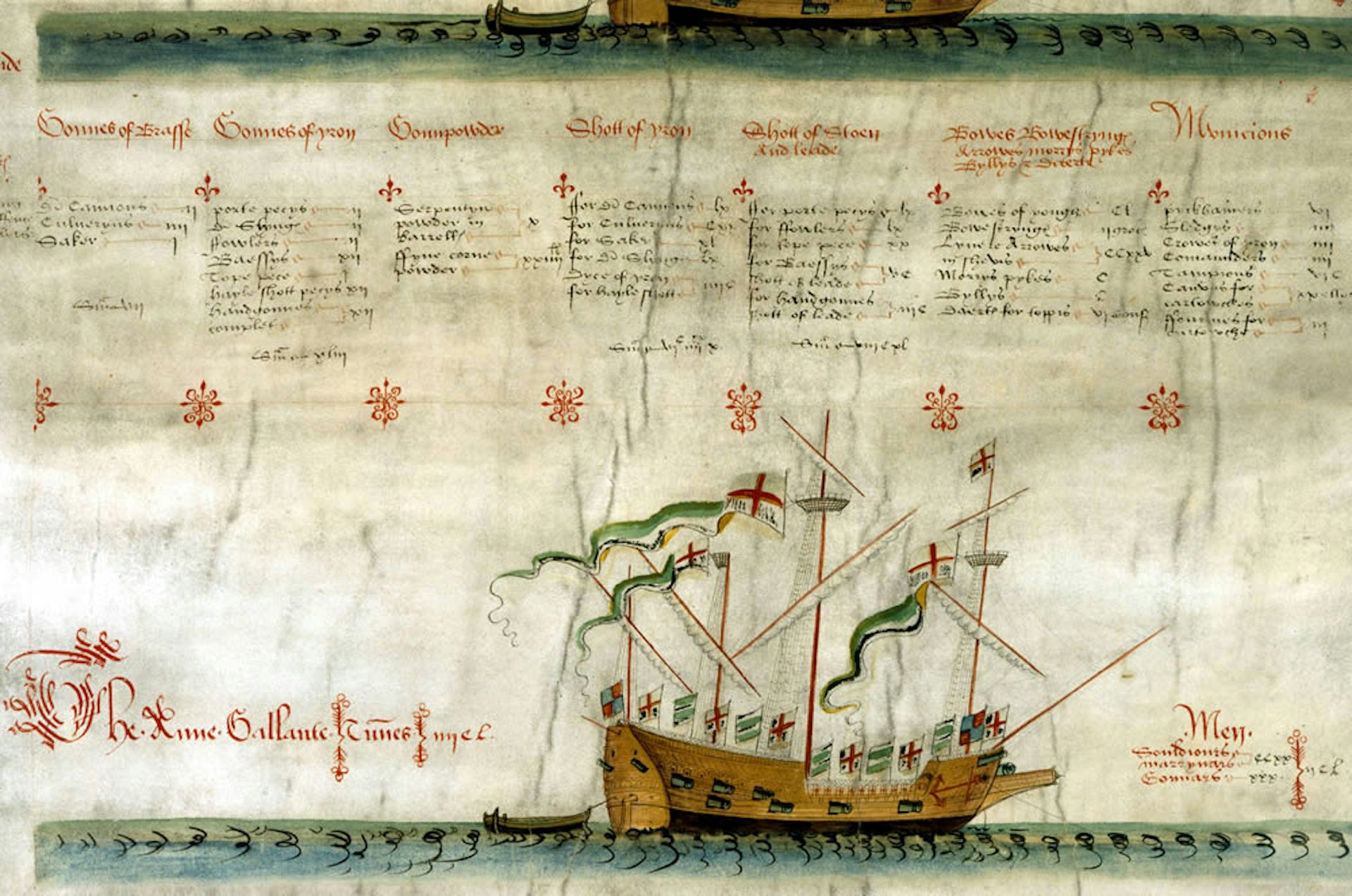

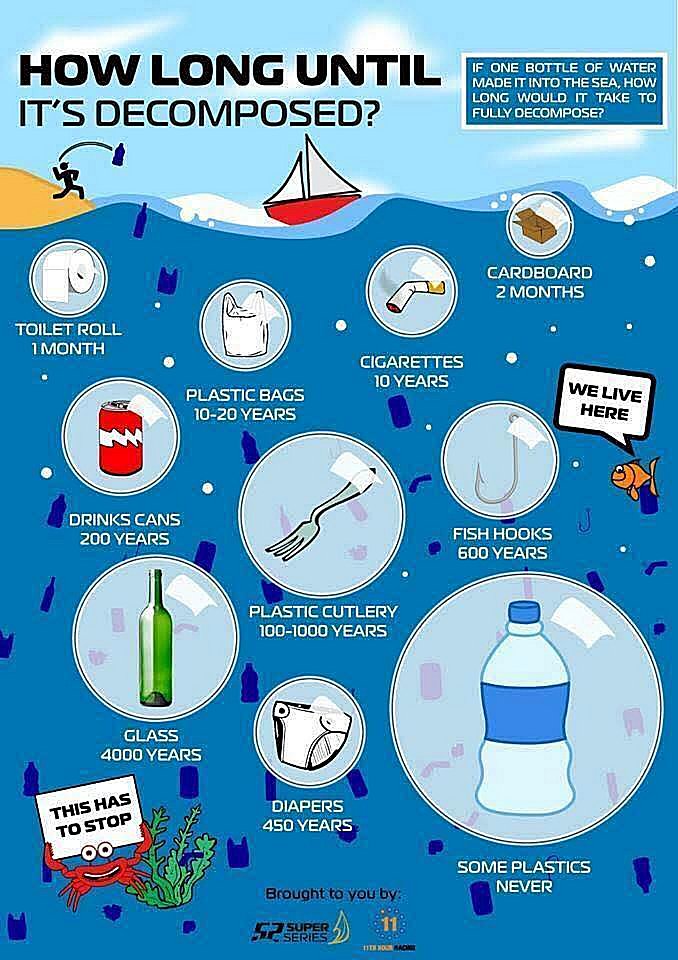
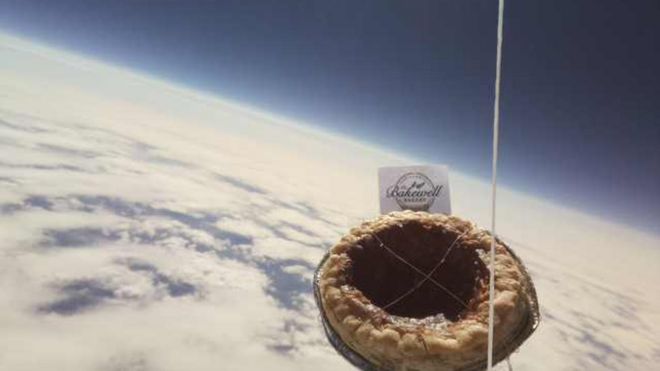
 Noise is certainly a factor in my depression, which is often triggered by pure overload. I don’t want to be assailed by noise – any noise, but especially secondhand noise – just as I don’t want to have too much to do heaped on me.
Noise is certainly a factor in my depression, which is often triggered by pure overload. I don’t want to be assailed by noise – any noise, but especially secondhand noise – just as I don’t want to have too much to do heaped on me.